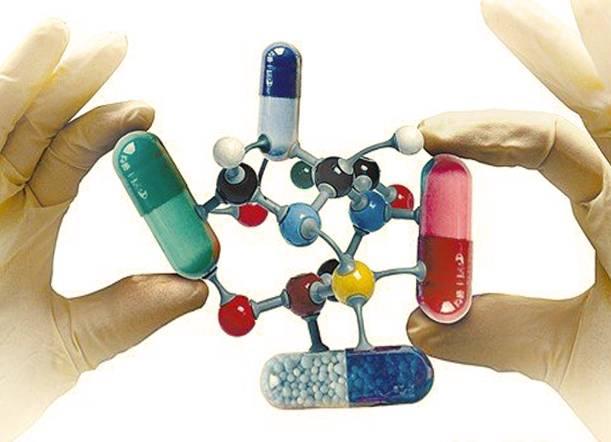Innovative Cures
Any pharmaceutical company needs to invest heavily in research and development (R&D), which involves combining knowledge with the testing and screening of thousands of chemical compounds. This is a costly and time consuming process, but it is essential for the discovery of new pharmaceutical drugs for the treatment of specific conditions. The vast majority of R&D testing reaps no valuable results, but it is the occasional gem that makes the process worthwhile.
Innovative drugs are coming onto the market every year, giving greater hope to the world's population. With the right prescription we have an improved chance of living a healthy and full life. It isn't just a case of discovering the next potentially life-saving compound though. The medicines have to be produced in a format that is both possible in terms of the chemical compounds and is also suitable for the patient.
Solid Dose Medicines
Solid dose tablet forms are the most popular as these are easier to package, store and transport, as well as ensuring that the patient receives an exact dose. However solid dose pharmaceutical aren't always the best solution. As an example, liquid forms are necessary for injected medicines and are also used in paediatric drugs where possible, as they are easier for children to swallow.
In solid dose medicines, the active compounds are mixed with excipients to form a tablet. R&D also involves finding the right excipient that will bond with and give stability to the chemical compound and allow for large scale production. The process that is commonly used for mixing the excipient with the active ingredients is pharmaceutical granulation. As solid dose medication is the most widely used, pharmaceutical granulation is one of the most important processes in production.
Clinical Trials
Once viable options have been identified and produced using small scale laboratory equipment, it undergoes extensive trials. These trials further explore the viability of the drug as a treatment for a specific disease or illness. Trials also help to identify issues with the medication including side effects.
Many people who are suffering with a specific condition are willing to take part in medical trials in order to reap any benefits and help to get new options onto the market. Stringent regulations cover every aspect of pharmaceutical development and clinical trials are no exception. The companies running the trials have to adhere to high quality and safety standards.
Innovative Production Equipment
As the trials continue, the pharmaceutical company will also be addressing the challenges around scaling up the processes for commercial production. Careful design for manufacturing can help to optimise productivity and quality, whilst minimising waste.
Innovations in technology, as well as science are benefitting the pharmaceutical industry. Automated processes are driving efficiency in many manufacturing industries and the production of medicines is no exception. In standardising processes, managing the transition from one stage of the process to the next (for example tablet coating and drying, then packaging) and offering continuous monitoring, automated processes can enhance process control.












 Sign Up / Login
Sign Up / Login
Leave a Comment